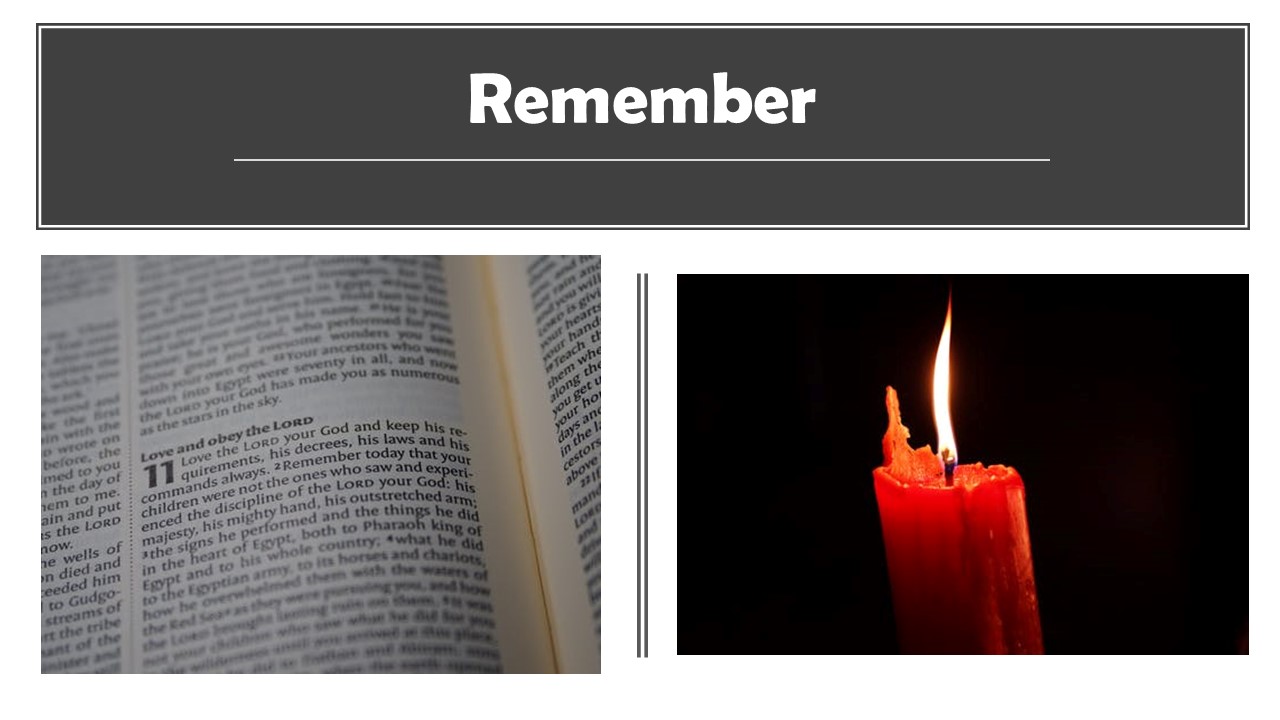Matthew 12:20, “A bruised reed he will not break, and a smoldering wick he will not snuff out.” When Matthew wrote these words, he was quoting a prophecy from Isaiah 42:1–4. In the prophecy, the “bruised reed” and the “smoldering wick” refer to the spiritually, physically, or morally weak. A reed that is bruised may be damaged, but it is not irreparable. A “smoldering wick” may be about to lose its fire altogether, but it can still be reignited.
Many who encounter Jesus may have their doubts. Their faith may be fragile. But Jesus has compassion on those who are weak, including those who doubt and He can restore those whose faith may waver.
Today’s Top Ten List addresses “Ten Instances of Doubt in the New Testament.” Additional scriptures referenced include John 1:29; Matthew 4:12; Luke 3:19-20; Mark 9:14-29; Matthew 14:22-31; Luke 24:10-11; Matthew 28:17; and Acts 12:1-17.

The loss of Eden marked a pivotal moment in human history, introducing separation from God, pain, toil, and death into the human experience. Adam...

While Pauline teachings concentrate on our justification with God, James’ teachings concentrate on the works that exemplify that justification. James was writing to Jews...

We begin our study of the book of Deuteronomy with a focus on the book’s main theme: the importance of memory. Scriptures referenced include:...